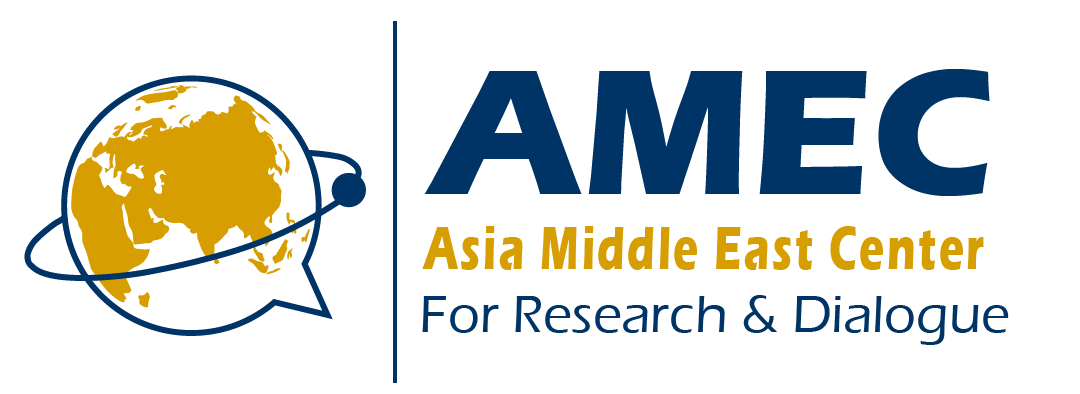Reassessing Global Diplomacy: The Gaza Conflict’s Impact on Democratic Values and International Relations
As we cross the four-month threshold of the ongoing conflict in Gaza, the international community faces a pivotal moment of reflection. The rules-based system, a cornerstone of global diplomacy and governance, championed by democratic nations, confronts its sternest test. This system’s credibility is challenged by the perceived inconsistencies in the responses of Western democracies to crises around the world, notably the stark contrast in their approach to the conflicts in Ukraine and Gaza.
In the heart of Gaza, the narrative shaped by Western mainstream media diverges significantly from their coverage of Ukraine, exposing a complex interplay of geopolitics and media influence. Despite concerted efforts by human rights organizations and the United Nations to mediate a ceasefire and underscore the escalating humanitarian crisis, their calls have largely been overshadowed by the political calculus of powerful nations, particularly the United States. This has provided ammunition for critics who accuse the West of hypocrisy, alleging a selective valuation of human lives based on geopolitical interests.
The advent of social media platforms like TikTok and X (formerly Twitter) has democratized information dissemination, offering unfiltered insights into the conflict. This has been instrumental in bringing to light the severity of the situation in Gaza, a narrative that has resonated deeply with global youth, challenging mainstream narratives and offering a counterpoint to official stances.
The International Court of Justice’s (ICJ) involvement, labeling the situation in Gaza as “plausible genocide,” marks a significant legal and moral indictment. This has not only intensified the scrutiny on Israel but also on its staunchest allies, leading to a recalibration of support among Western nations. The U.S.’s decision to halt funding to UNRWA in response to the ICJ ruling has sparked a debate on the commitment of Western powers to the principles of international law and humanitarian aid, with several European nations opting to stand by these principles.
This divergence in approach has significant implications for the political landscape in Western democracies, particularly those that have traditionally supported Israel unconditionally. The conflict has become a litmus test for democratic values, potentially influencing 2024 electoral outcomes in over 12 nations across the US, UK and Europe. The role of informed and engaged youth, along with the Muslim communities, in shaping these outcomes cannot be overstated, as their perspectives on foreign policy increasingly influence domestic politics.
Moreover, the conflict’s ripple effects extend beyond immediate political considerations, affecting geopolitical alignments and economic stability. The emerging divide within the West, and between the West and the global South, underscores the need for a nuanced approach to foreign policy that reconciles national interests with global democratic values and human rights.
As the international community navigates this complex landscape, the decisions made today will have far-reaching consequences for global diplomacy, democratic governance, and the rules-based international order. The Gaza conflict serves as a stark reminder of the challenges facing global leadership in maintaining consistency in their commitment to democratic principles and human rights across all arenas of international engagement.
Muad Zaki
Director of Democracy and Transparency Initiative,
AMEC


